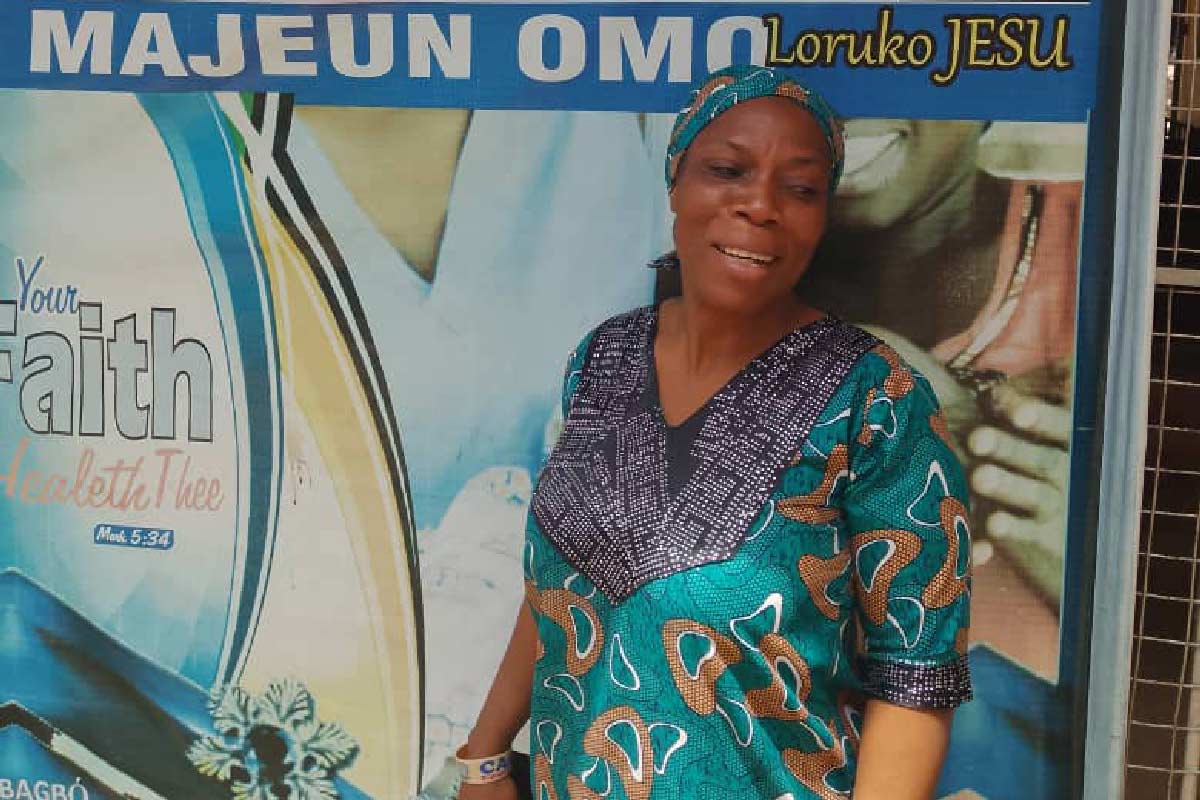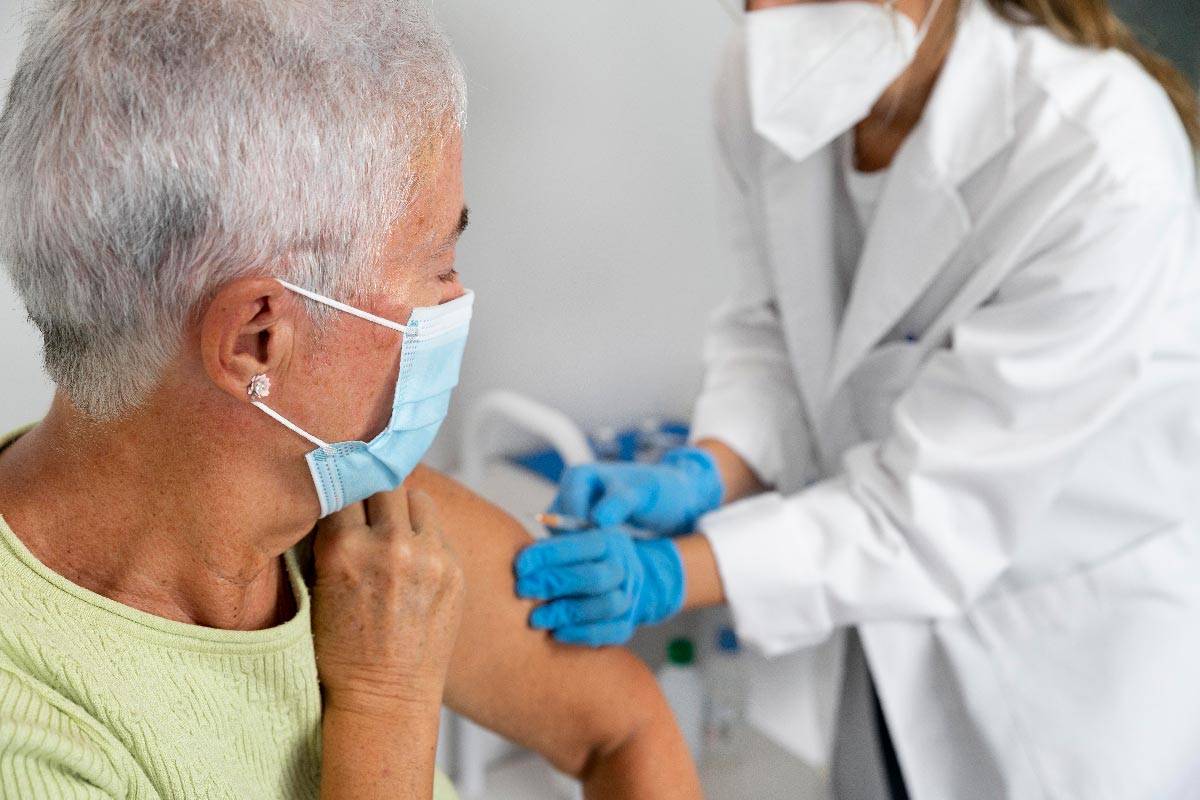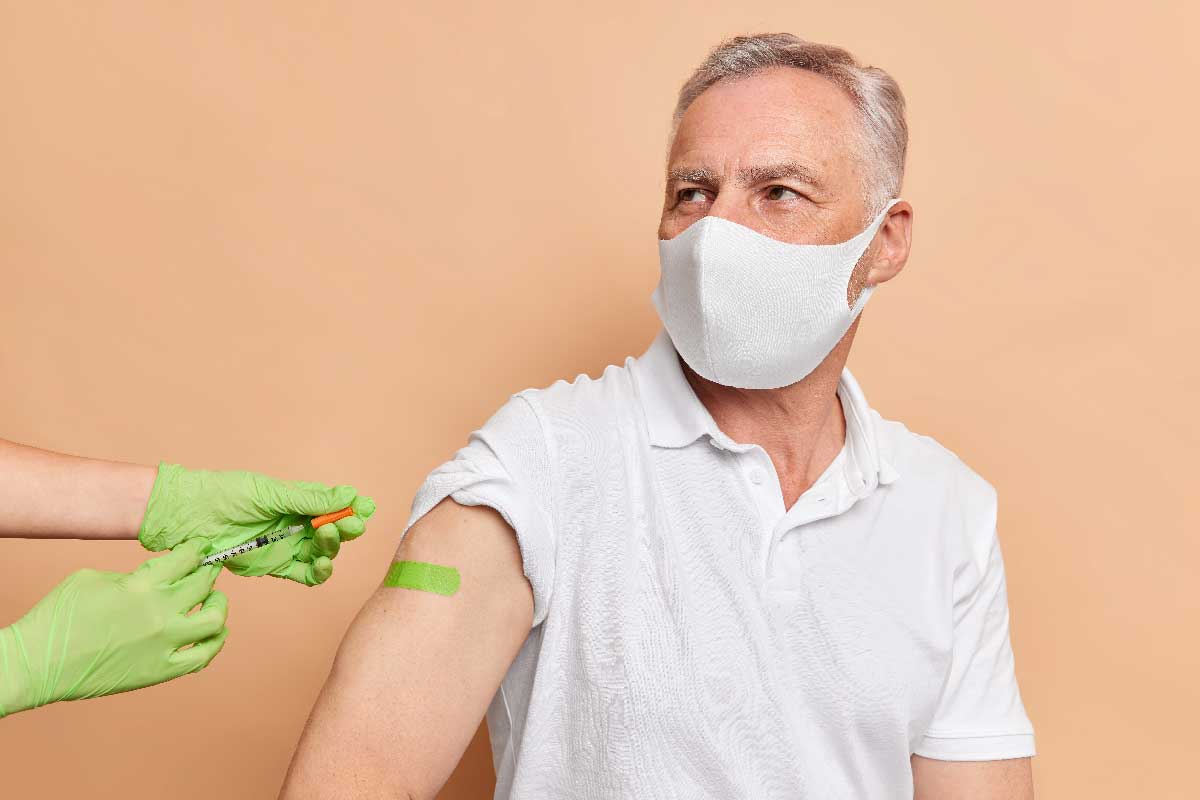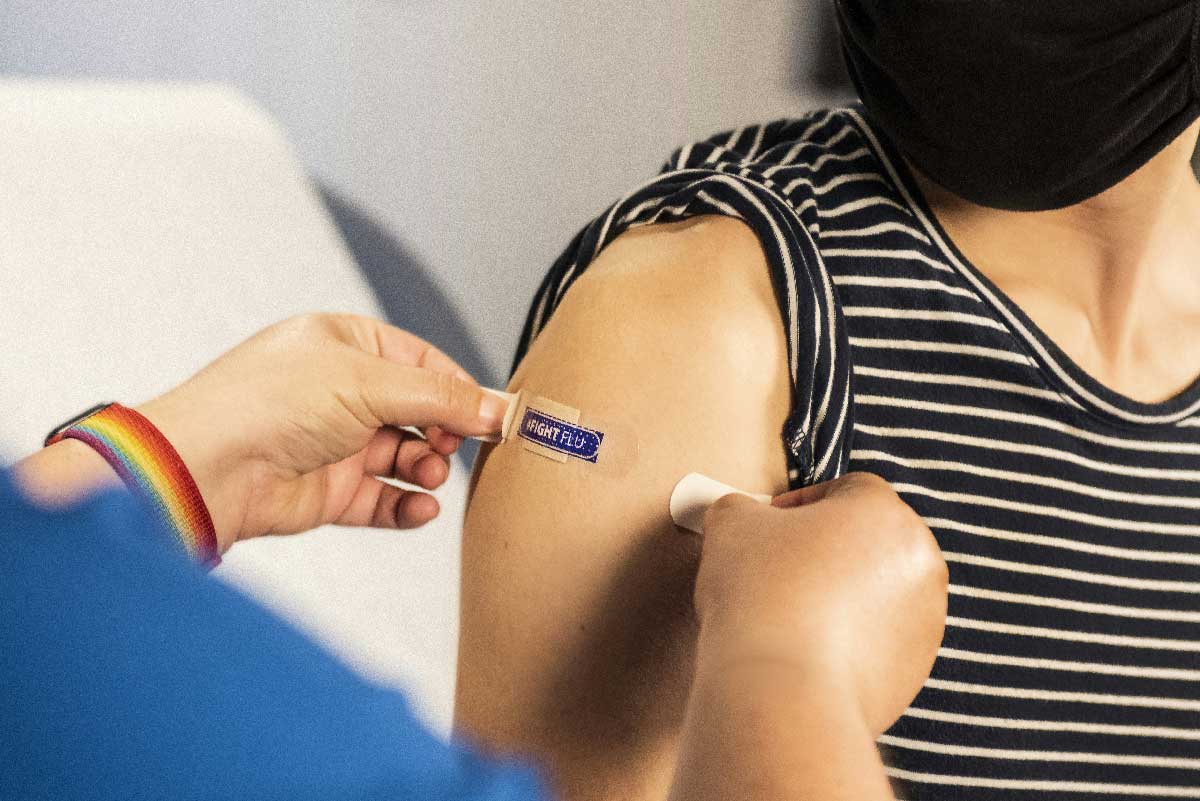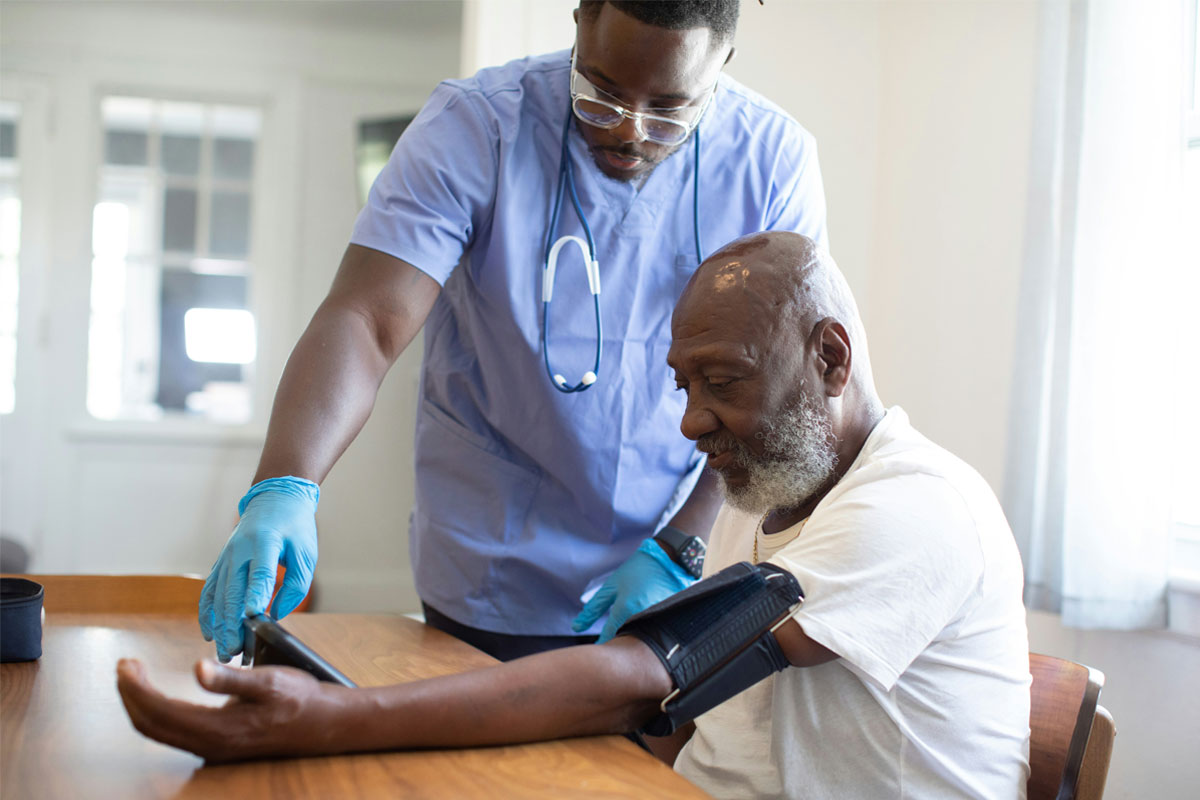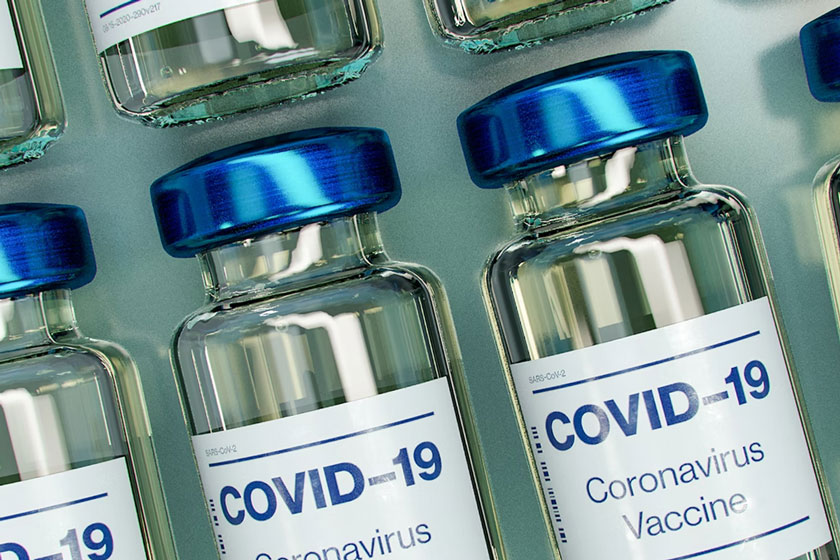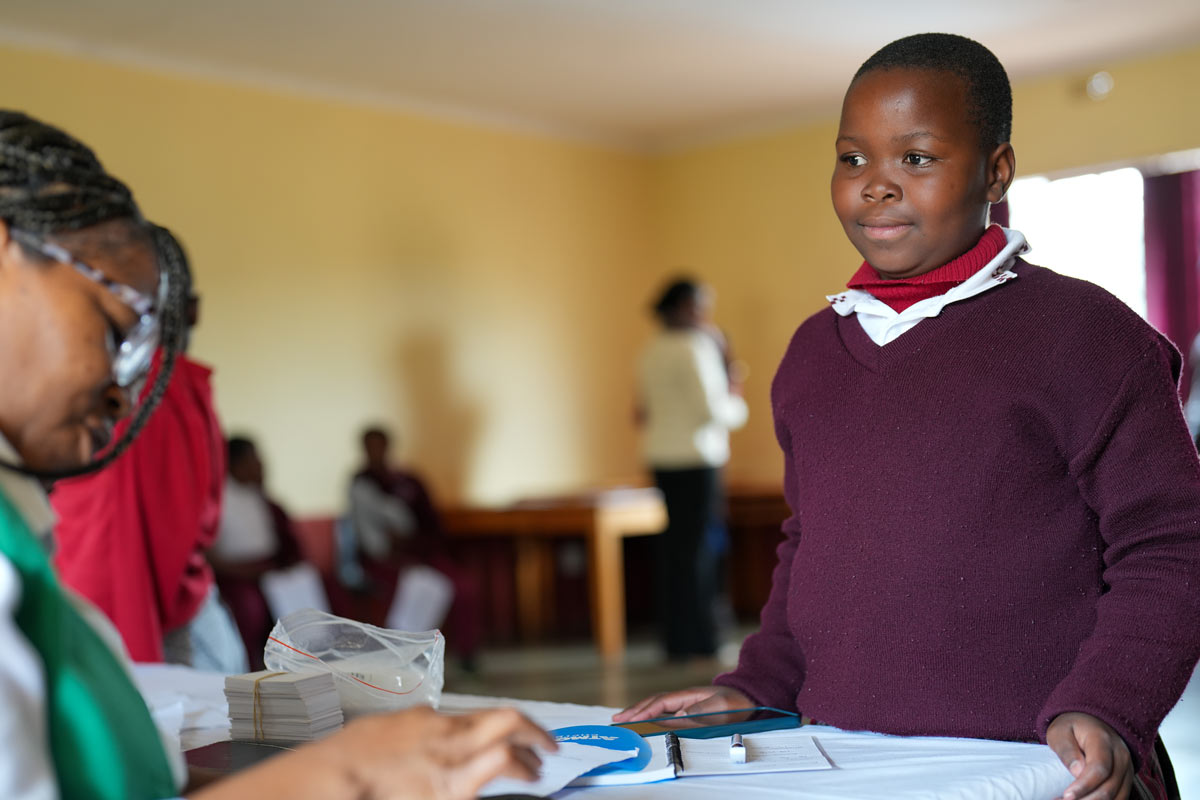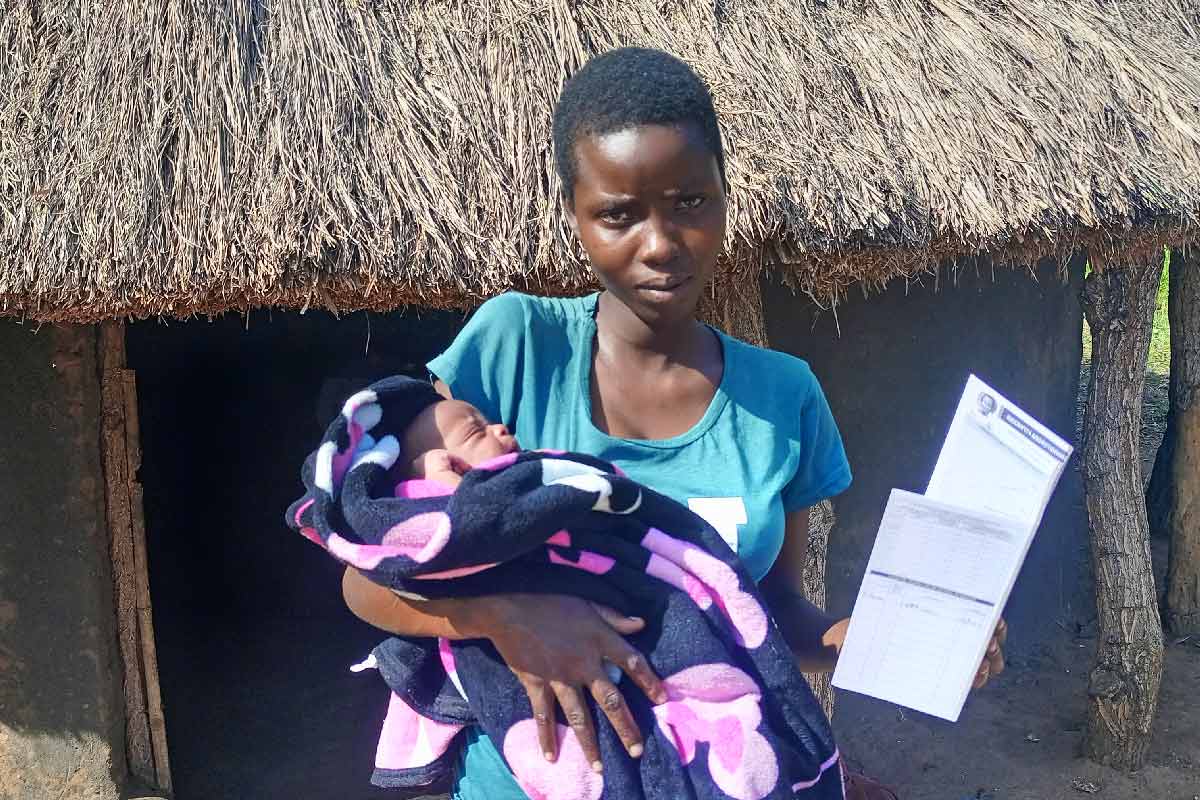Natural immunity to COVID-19 may be long-lasting
Until now, we didn’t know how long immunity after infection with COVID-19 would last – new research suggests it could be long-lasting.
- 20 November 2020
- 2 min read
- by Priya Joi

What is the research about?
Scientists have wondered whether immunity to the SARS-CoV-2 virus that causes COVID-19 would be long-lasting; this might affect the effectiveness of vaccines, for example. However, research indicating that antibodies may not be long-lasting is only part of the story, since antibodies are just one element of the immune response to pathogens.
What did the researchers do?
In this pre-print, scientists looked at immunity to SARS-CoV-2 in 185 people with COVID-19, 41 of whom were more than six months past the initial infection. Most of the people studied had mild symptoms and had not required hospitalisation. The researchers looked at four elements of the immune response – antibody levels, memory B cells (that remember the pathogen and when exposed to it again, trigger a rapid antibody response) and T cells (CD4 and CD8, that can help B cells or kill infected cells, respectively).
Have you read?
What did they find?
The researchers found that people with COVID-19 seemed to have fairly robust and long-lasting immune responses. They found that antibodies lasted well, with a small drop in levels at 6-8 months after infection. They also found that T cells levels reduced slightly, and B cells increased – a finding they can’t explain. The scientists emphasise that these findings are not conclusive evidence of long-lasting protective immunity after SARS-CoV-2 infection because the mechanisms of immunity after COVID-19 have not been explicitly described.
What does this mean?
The study suggests that immunity triggered by SARS-CoV-2 infection could last longer than previously thought. The researchers say that long-lasting antibody levels and immune memory cells could potentially lessen the severity of a re-infection.
More from Priya Joi
Recommended for you
